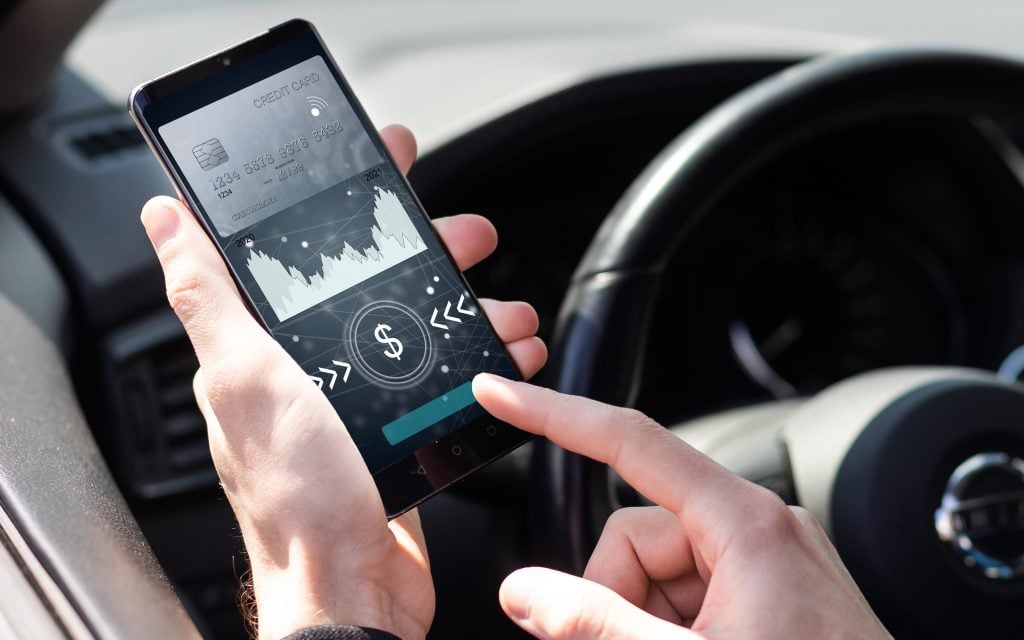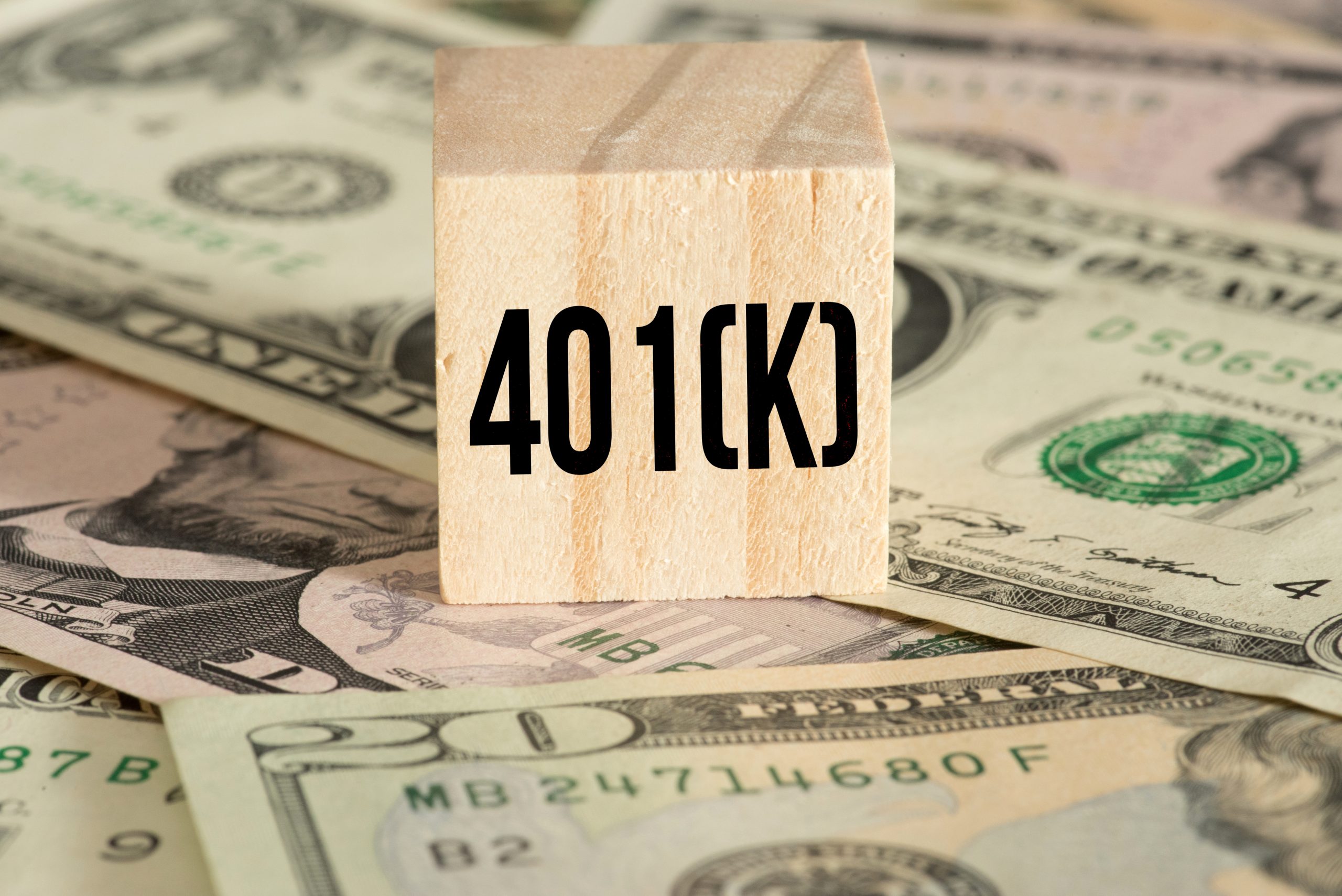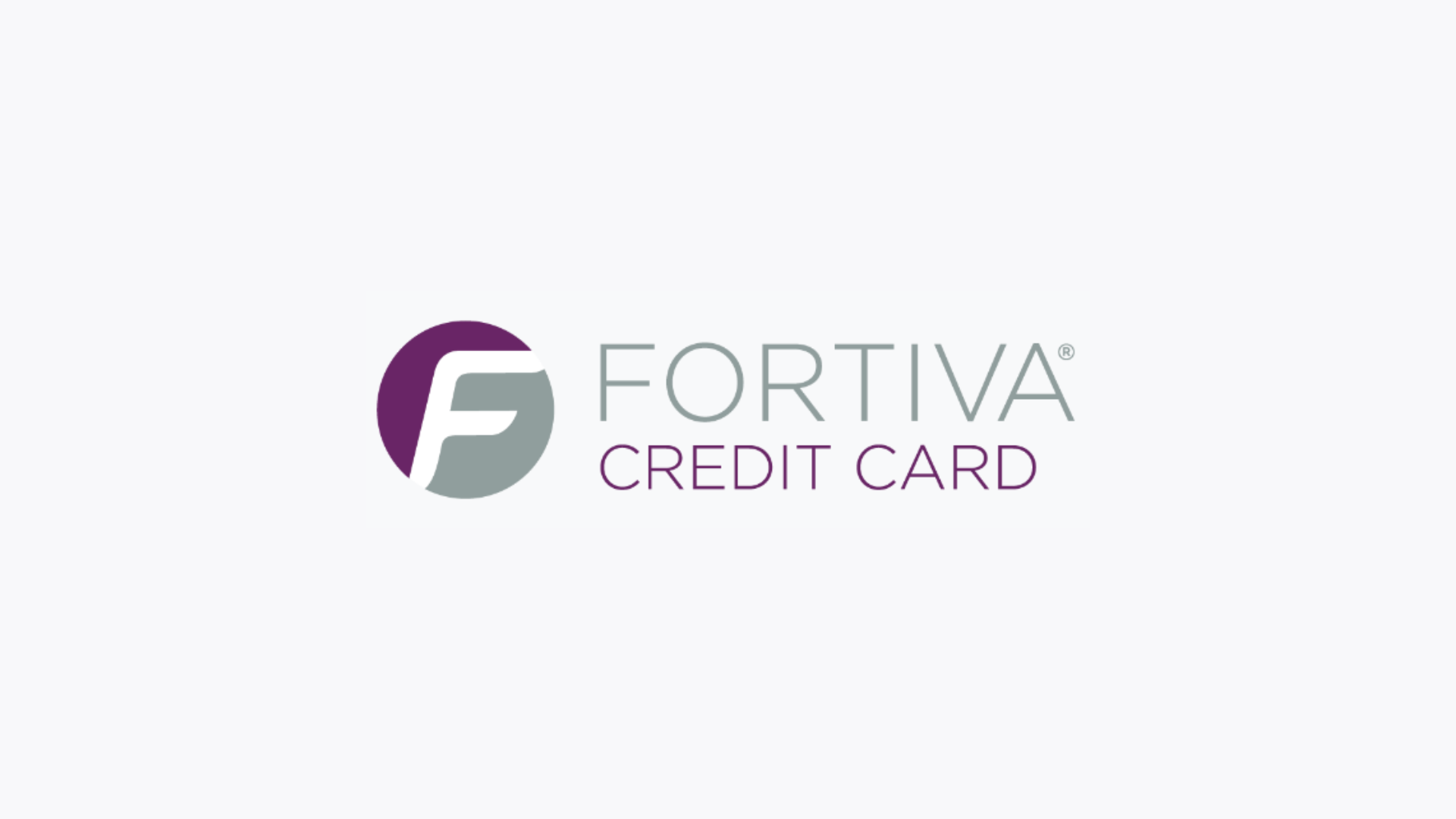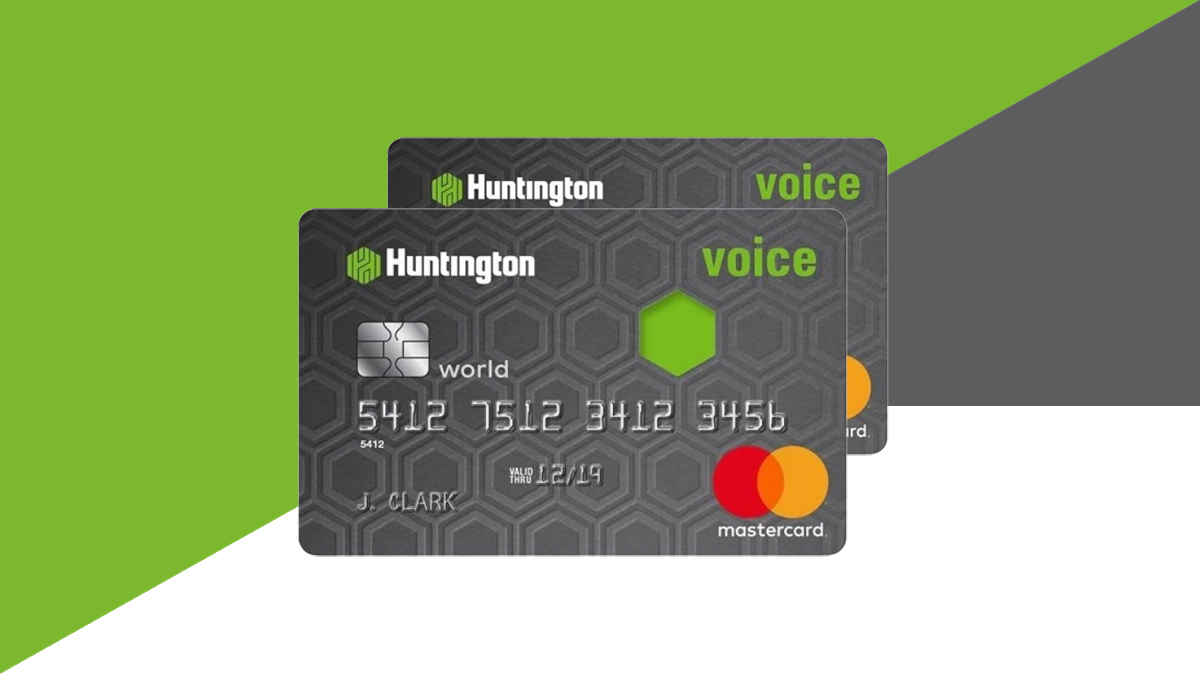Financial Education
Savings vs. Checking Accounts: A Comprehensive Comparison
Save or spend? Knowing savings vs. checking accounts is key! Discover their unique features and benefits, including fees, minimum balances and more!
Advertisement
Comparing Account Options: Maximize Your Financial Resources

Maximizing your money requires the right account. So, what sets the dichotomy of savings vs. checking accounts apart?

5 best options of credit cards for traveling
Which are the best credit cards for travelling? Compare top rated travel rewards and premium travel rewards. Read on to learn more!
In this article, you can find all the details you need to decide which is ideal for your finances. Keep reading!
Savings vs. checking accounts: What is the difference?
Before we dive into the specific features of each account type, it’s essential to understand the fundamental difference between savings and checking accounts.
Savings accounts are designed for holding and earning interest on funds you don’t plan to spend immediately.
On the other hand, checking accounts are for frequent transactions and everyday spending.
Therefore, the best account will depend on several factors representing your financial status. Let’s dive into them!
You will be redirected to another website
You’ll receive messages for less than 1 week, with a maximum of 1 message per day. You can unsubscribe anytime by replying STOP. By submitting this form, I confirm that I am 18+ years old and agree to the Privacy Policy and Terms and Conditions. I also provide my signature, giving express consent to receive informational messages via automated emails, SMS, MMS text messages, and other forms of communication. Message frequency may vary as part of our good-faith effort to respond to your inquiry. Message and data rates may apply. Text STOP to cancel. I understand that my consent to receive communications is not a condition of purchase and that I may revoke my consent at any time.
What is a savings account?
A savings account is the easiest way to save money. This characteristic sets it up as one of the most traditional and popular accounts worldwide.
It is restricted- an account made specifically for keeping the money you don’t plan to spend any time soon.
So, you can deposit termly and see your funds increase over time.
Usually, savings accounts provide better interest rates than checking accounts because you agree to deposit your money with the bank for a more extended period.
Features
Here are the primary features you can find in a savings account.
1. Withdrawal limits
Typically, these accounts limit you to six monthly withdrawals, which helps encourage saving and don’t use your money on silly things.
2. Higher interest rates
It provides higher interest rates than checking accounts, then you can earn more money on your savings and accrue interest over time.
3. Tiered interest rates

Some accounts offer tiered interest rates that increase as your balance grows, making it perfect for saving more.
4. Compound interest
Many accounts provide compound interest so that savings can grow faster.
5. Automatic savings plans
Most accounts allow you to set up automatic savings deposits, making saving without thinking about it easy.
6. Online and mobile access
You check your balance and manage your account from anywhere.
Types of savings accounts
There are different savings accounts, and they are not the same.
Traditional Savings Accounts
Basic features may require a minimum balance to earn interest.

An easy guide to combining finances as a couple
Ready to join forces with your spouse? Before doing that, here are some important things you should know. Learn how to combine finances as a couple.
Cash-Management Accounts
High-interest rates with no withdrawal limit.
High-Yield Savings Accounts
Higher interest rates. However, they require higher balances for the best rates.
Money Market Accounts
Bigger interest rates with limited check-writing ability.
CDs (Certificates of Deposit)
Higher interest rates, but money must be locked up for a set time.
Fees
Most savings accounts come with fees, including:
- Monthly Maintenance Fees;
- Overdraft Fees;
- Out-of-network ATM Fees;
- Transaction Fees;
- Minimum Balance Fees.

What's a cash management account
Here is an excellent way to organize and manage your money with a single account.
Pros
Some of the advantages of having a savings account are:
- Higher interest rates than checking accounts;
- FDIC insurance;
- Tiered interest rates based on account balance;
- Savings goals and automatic savings tools are available;
- It can help you set aside money for emergencies or long-term goals.
Cons
Some drawbacks of savings accounts are:
- Withdrawal limits may be restrictive;
- Interest rates may not keep up with inflation;
- Higher minimum balance requirements for higher interest rates;
- Limited check-writing ability.
What is a checking account?
Unlike a savings account, which is used to save money, a checking account is suitable for frequent transactions.
So it is typically used for everyday spending, such as paying bills and receiving and transferring money.
These accounts typically offer features such as debit cards, checks, and online bill payments to make purchasing and paying bills easier.
Also, checking accounts may earn interest but at lower rates than savings accounts due to frequent transactions.
Features

Check out these 4 checking account features.
- Debit Card: Allows you to make purchases and withdraw cash from ATMs.
- Checks: Provides an alternate way to make payments or withdraw money.
- Online Banking: You can access your account information, transfer funds, and pay bills online.
- Overdraft Protection: Helps prevent overdraft fees by transferring funds from another account or line of credit to cover any shortfalls.
Types of checking accounts
Discover the most popular types of checking accounts.
Basic Checking Account
It has basic checking features with low or no monthly fees.
Interest Checking Accounts
This one provides interest on balances but may require higher balances and have higher fees.
Premium Checking Accounts
Access additional perks, such as free checks, ATM fee reimbursements, and waived fees, but they come with higher balance requirements and fees.
Fees
Checking accounts may have more fees than savings accounts, such as:
- Monthly maintenance fees;
- ATM fees;
- Overdraft fees.

The basics of a 401(k) plan
Wondering what a 401(k) is and how it works? This article explains everything you need to know about this important retirement. Read on!
Pros
If you are considering a checking account, don’t miss these advantages to have one:
- Easy access to funds for frequent transactions and everyday spending;
- Debit card and check-writing;
- Online and mobile access to account information;
- Overdraft protection options available;
- May offer rewards and cashback incentives.
Cons
Below is a list of drawbacks that come with a checking account:
- May have higher fees than savings accounts;
- Lower interest rates on balances;
- Potential for overdraft fees if the account balance is not managed carefully;
- It may come with a monthly maintenance fee.
Should you have a savings or a checking account?
Deciding between a savings vs. checking accounts depends on your financial objectives and requirements.
If your aim is to save money for the long term or create an emergency fund, a savings account is the ideal option for you.
Conversely, a checking account is the smarter choice if you require an account for frequent transactions or everyday expenses.
So, it is advisable to open both accounts to maximize their advantages. Nevertheless, it is essential to compare alternatives and thoroughly examine the terms.
Do you want to learn more about accounts? Then read our post below, and understand it thoroughly.

What type of account is a cash management
Cash management accounts can be very helpful depending on your financial needs. Read through this article and find out if it works for you.
Trending Topics

Wells Fargo Autograph℠ Card review: Earn Rewards
Looking for a new credit card? Then read out the Wells Fargo Autograph℠ Card review and find out! Enjoy intro APR and multiple benefits!
Keep Reading
Fortiva® Mastercard® Credit Card Review
Explore our Fortiva® Mastercard® Credit Card review for insights on earning cash back on everyday purchases and building credit easily.
Keep Reading
Huntington Bank Voice Rewards Card: Up to 3x points
The Huntington Bank Voice Rewards credit card is a flexible points card that gives you 3x points on bonus categories of your choosing.
Keep ReadingYou may also like

No credit check payday loan in Canada: how does it work?
If you need money fast, take a look at this article to find the best no refusal payday loans in Canada and learn about this type of loan.
Keep Reading
Top 5 best credit cards with travel perks 2022: read this before choosing!
Looking for the best travel perks credit card? Check out the best options for hotel and airline bonuses, concierge services, and more.
Keep Reading
5 best cards that offer welcome bonuses: choose and enjoy!
Wondering what are the cards that offer welcome bonuses? Check out the best sign-up rewards products and start earning points today!
Keep Reading